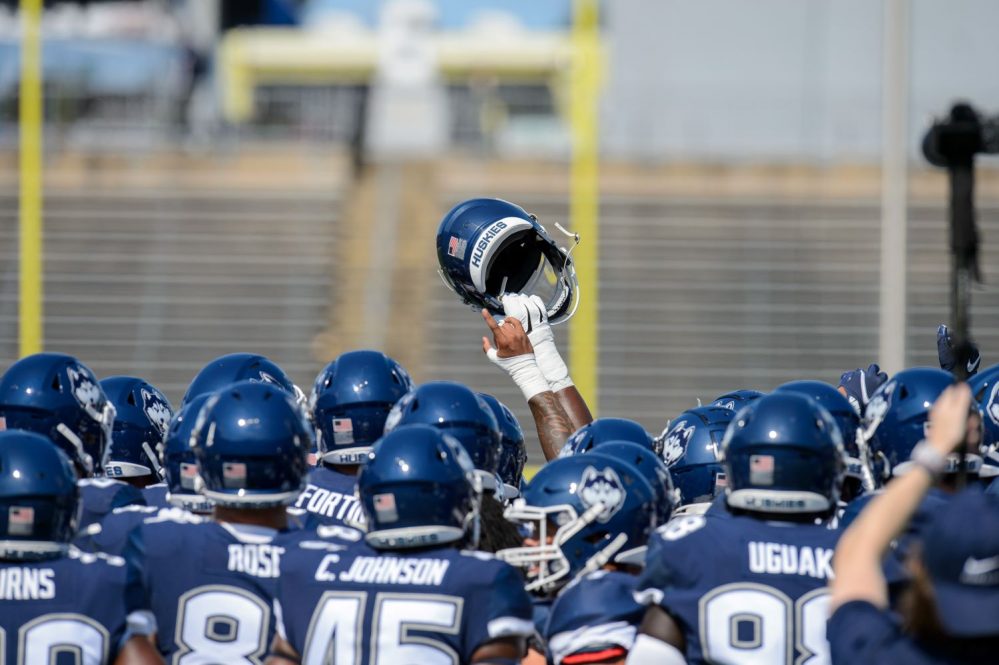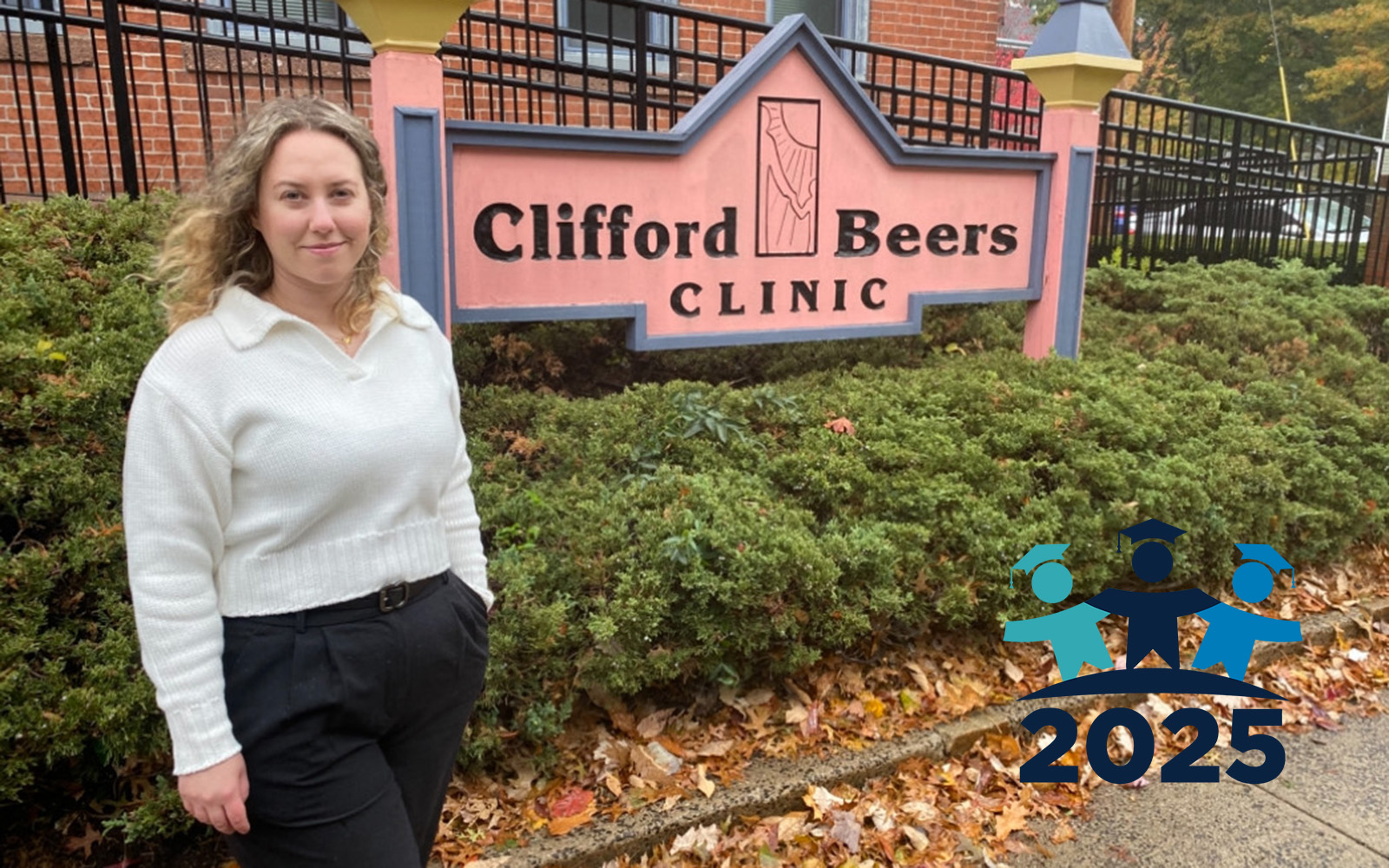The National Football League announced the launch of The Smart Heart Sports Coalition, a collaboration which includes the Korey Stringer Institute (KSI) within UConn’s College of Agriculture, Health and Natural Resources. The Smart Heart Sports Coalition is advocating for all 50 states to adopt evidence-based policies that will prevent fatal outcomes from Sudden Cardiac Arrest (SCA) among high school students. Other members include the NFL, NBA, MLB, MLS, NHL, NCAA, the American Heart Association, American Red Cross, National Athletic Trainers’ Association, and Damar Hamlin’s Chasing M’s Foundation.
“The mission of KSI is to provide research, education, advocacy, and consultation to maximize performance, optimize safety, and prevent sudden death for the athlete, warfighter, and laborer,” says KSI CEO and Professor of Kinesiology Douglas Casa, PhD. “We are passionate about moving forward faster the adoption of policies proven to reduce the incidence of catastrophic sports injuries for secondary school athletes. We are extremely proud of our longstanding partnership with the NFL and our shared commitment to make meaningful and life-saving policy enhancements so that sport can be as safe as possible for all of those who love participating.”
The coalition is advocating for the implementation of three best practice policies to prevent death from Sudden Cardiac Arrest:
- Emergency Action Plans (EAPs) for each high school athletic venue that are widely distributed, posted, rehearsed, and updated annually;
- Clearly marked automated external defibrillator (AEDs) at each athletic venue or within 1-3 minutes of each venue where high school practices or competitions are held; and,
- CPR and AED education for coaches.
Currently only seven states have implemented all three best practice policies; 12 states have none. SCA is a life-threatening emergency that can quickly become fatal if proper steps are not immediately taken. As many as 23,000 people under the age of 18 experience SCA annually (out-of-hospital). It is the leading cause of death for student athletes. Sports-related SCA accounted for nearly 40% of SCAs among people under the age of 18. If implemented across all 50 states, these simple, cost-effective strategies can prevent deaths from SCA.
To mark the beginning of this effort, The Smart Heart Sports Coalition sent letters to the Governors of 43 states where additional polices – whether through legislation or regulation – are needed. The coalition will follow up with a proactive, coordinated and sustained effort to encourage policymakers and stakeholders across the country to adopt these policies within the next three years.
As part of this campaign, the NFL Foundation has committed more than $1 million in grants to support nationwide CPR education and AED access. The NFL Foundation will make available to each NFL club $20,000 in grants to promote CPR education and training. NFL clubs may leverage these grants to partner with public or private nonprofit organizations to support CPR education wherever needed, including, for example, among youth and student athlete programs, elementary and secondary schools, and the general population. The NFL Foundation club grants will also support high schools – especially those in financially distressed communities – in purchasing and maintaining AEDs. With this targeted funding, clubs may help states meet the goal of making AEDs available in every secondary school athletic setting.
In addition to the club grants, the NFL Foundation will work alongside the American Heart Association and American Red Cross to promote and reinforce a nationwide effort to raise awareness of and prevent fatalities from sudden cardiac arrest, including through hands-only CPR education. This collaboration will ensure that CPR education and AED access remain a priority in schools and communities across the country, even beyond club markets.
“The simple goal of this effort is to save lives. These common-sense policies are simple, proven steps that are critical for student athlete safety,” says Jeff Miller, NFL executive vice president of communications, public affairs and policy. “Schools in every state should have policies in place to deliver CPR effectively, have immediate access to an AED, and know what to do in case of an emergency. Student athletes deserve it.”



